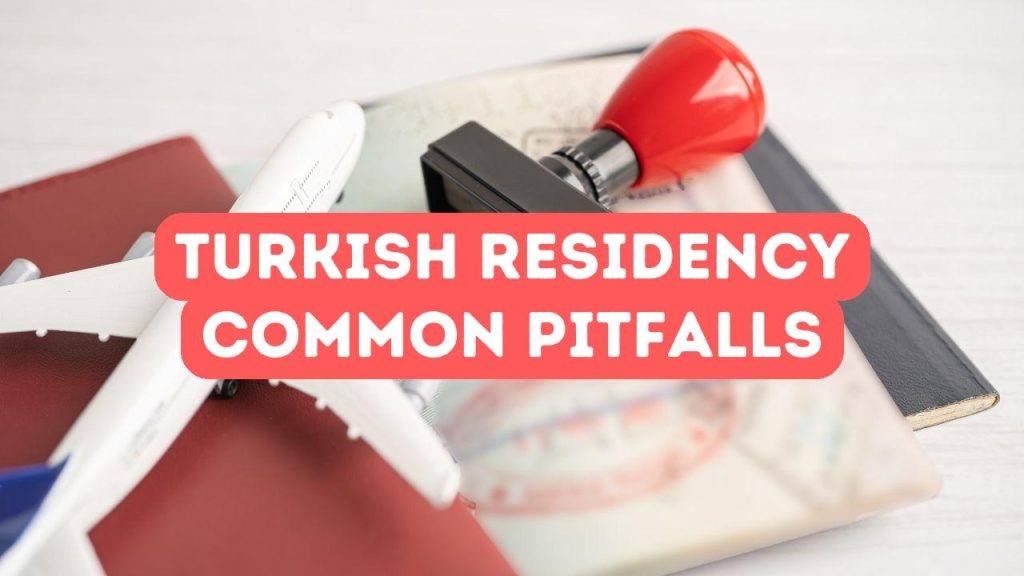Comparing Turkey’s Top Telecom Providers
In comparing Turkey’s top telecom providers, it’s critical to dive into the competitive offerings of giants like Türk Telekom, Vodafone, and Turkcell. These industry leaders each bring a suite of unique plans and features, targeting a range of consumers from budget-conscious students to high-demand business users. Türk Telekom, with its extensive history and infrastructure, often leads with competitive prices and wide-reaching coverage, particularly for home internet services. Vodafone leverages its global presence to offer flexible phone plans and roaming options favorable for international travelers. Meanwhile, Turkcell capitalizes on speed and cutting-edge technology, presenting itself as the go-to for high-speed mobile data and the latest in telecommunications innovation. Scrutinizing their latest plans for hidden fees, data limits, and the true extent of their network coverage can unlock savings, thereby avoiding the common pitfall of paying for services that don’t align with user needs.
Despite the apparent dominance of the big three, it’s essential not to overlook smaller providers such as TurkNet, Vodafone Net, and Pttcell, which can offer more individualized plans with competitive pricing. TurkNet, for instance, is renowned for offering no-frills, unlimited internet packages that appeal to heavy users without the worry of restrictive data caps. Vodafone Net provides various home internet options that are often bundled with Vodafone’s mobile services, giving customers the convenience of a single provider for all their communication needs. Pttcell, on the other hand, takes advantage of the extensive postal network infrastructure to serve a niche market that might not be the primary target of the larger providers. Considering these alternatives, alongside the major operators, consumers can find tailored solutions that might not only meet their expectations in terms of service quality but also significantly lower their monthly bills.
To fully capitalize on available options, savvy consumers should also be attuned to seasonal promotions, bundled packages, and loyalty discounts offered by these providers. Major campaigns around national holidays or exclusive online deals can lead to substantial savings on both phone and internet plans. Additionally, bundling services such as combining mobile, landline, and internet can often result in lower total costs with the convenience of a single bill. Loyalty programs or long-term contract incentives are also worth exploring, as they can provide ongoing benefits and price reductions. By staying informed of these opportunities and keenly observing the market’s fluctuations, Turkish consumers can effectively manage their communication expenses without compromising on quality or connectivity.
Maximizing Cost-Efficiency in Phone and Internet Usage
Embarking on the journey for the most cost-efficient phone and internet plans in Turkey necessitates a comprehensive analysis of usage patterns and service provider packages. In a market brimming with competition, consumers are advantaged as operators vie for their business, often leading to promotional deals and bundle packages tailored to diverse needs. Savvy individuals start by auditing their monthly usage, discerning critical needs from expendable extras. Are international calls a regular occurrence, or is a hefty data plan a must to accommodate an on-the-go lifestyle? Understanding these particulars is essential to avoid overpaying for superfluous features or underestimating consumption, which can result in hefty overage fees. Establishing this usage baseline is pivotal in comparing plans across leading Turkish telecom providers such as Turkcell, Vodafone, and Türk Telekom, and seizing on the most economical option without compromising on service quality or network reliability.
Once you’ve delineated your communication needs, it’s time to scrutinize the various offerings on the Turkish market. Many providers bundle phone and internet services, which can lead to substantial savings. For instance, combining your mobile plan with a home broadband package might unlock discounts and additional benefits such as higher data caps or complimentary access to entertainment services. Be on the lookout for seasonal promotions and special discounts for students, seniors, or corporate partnerships that could further reduce your expenditures. It is also wise to leverage the power of negotiation; carriers are often willing to offer better rates or bonus features to retain or attract new customers. Just remember, the fine print holds the details, so review contract terms thoroughly to ensure the plan is truly advantageous and does not tether you with hidden costs or long-term commitments that negate the initial savings.
Ultimately, the key to maximizing cost-efficiency lies in staying informed and adaptable. Telecom tariffs in Turkey are frequently updated, and special offers are launched periodically. For diligent consumers, this means regularly revisiting your plan and keeping an eye on market trends to pivot when more favorable terms arise. Tools such as comparison websites can streamline this process, enabling quick visualization of current deals versus your existing arrangement. Moreover, don’t underestimate the advantages of digital communication platforms that utilize the internet; apps like WhatsApp or Skype can significantly reduce your reliance on traditional call and SMS services. By embracing these strategies and technologies, you are more likely to enjoy sustained savings on your phone and internet expenses in Turkey, while staying effortlessly connected to the world.
Strategic Selection of Communication Packages for Individuals and Businesses
Navigating through the myriad of communication packages in Turkey requires a strategic approach tailored to individual needs and business demands. For personal use, the focus should be on finding a balance between the volume of minutes, SMS and data included, and the actual consumption patterns. This may mean opting for prepaid plans for lower usage or postpaid plans with sufficient allowances to prevent costly overages. For businesses, on the other hand, bundled packages that offer a mix of mobile services, landline connections, and internet with features such as virtual PBX or unified communications can streamline operations and reduce costs. It’s vital to assess the number of users, the necessity for international calls, and the reliance on data-driven applications before committing to a long-term contract. The ultimate goal is to ensure that every lira spent contributes to an effective and sustainable communication infrastructure without incurring unnecessary expenses.
In the Turkish telecommunication market, operators like Turkcell, Vodafone, and Türk Telekom regularly roll out competitive plans that can suit a wide array of user needs. To avoid the common pitfall of overpaying for unused services, individuals should scrutinize their habits, perhaps by reviewing their past few months’ bills to gauge usage patterns before selecting a plan. Meanwhile, businesses must measure the impact of downtime on their operations to determine their need for higher tiers of service reliability and customer support. Cost-benefit analyses become crucial here—opting for slightly higher-cost plans can sometimes lead to longer-term savings by averting loss of productivity and by providing ancillary features that, if purchased separately, would incur a greater expense. Regularly monitoring and evaluating these plans against current and projected needs will yield the most cost-efficient strategy over time.
Factoring in the rapid evolution of technology, individuals and businesses in Turkey must remain agile, ready to adapt their communication strategies with changing trends and offerings. This necessitates regular reevaluation of communication plans and staying informed about promotional deals, technology upgrades like 5G rollouts, or policy changes affecting prices and service quality. Over time, loyalty to a single provider may unlock additional savings through discounts or reward programs, but this should never preclude the consideration of new entrants in the market that could potentially offer more value. Therefore, a balance between vigilance and flexibility will be key in ensuring that your communication expenses are optimized without compromising on the quality and breadth of services required to stay connected in today’s digital age.






